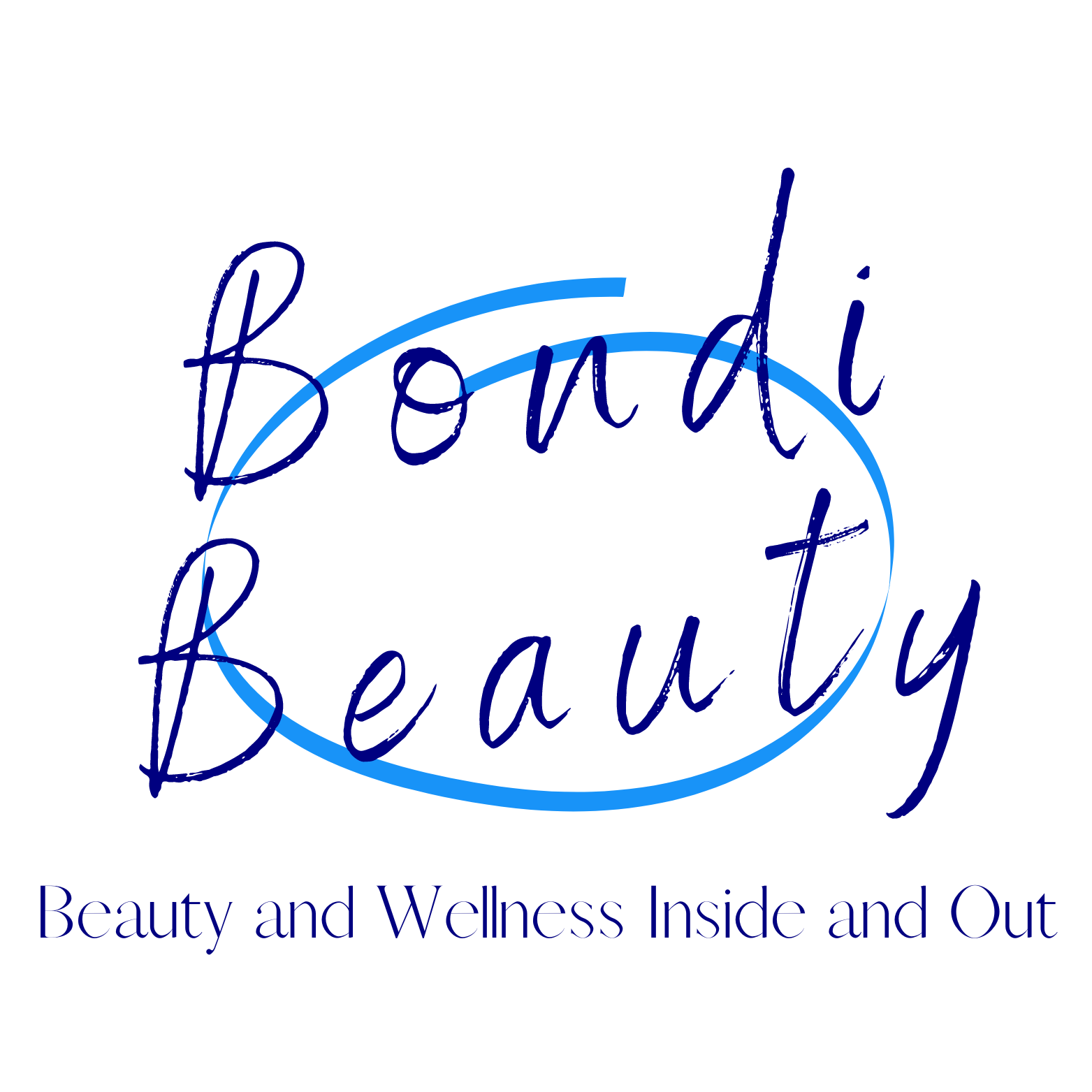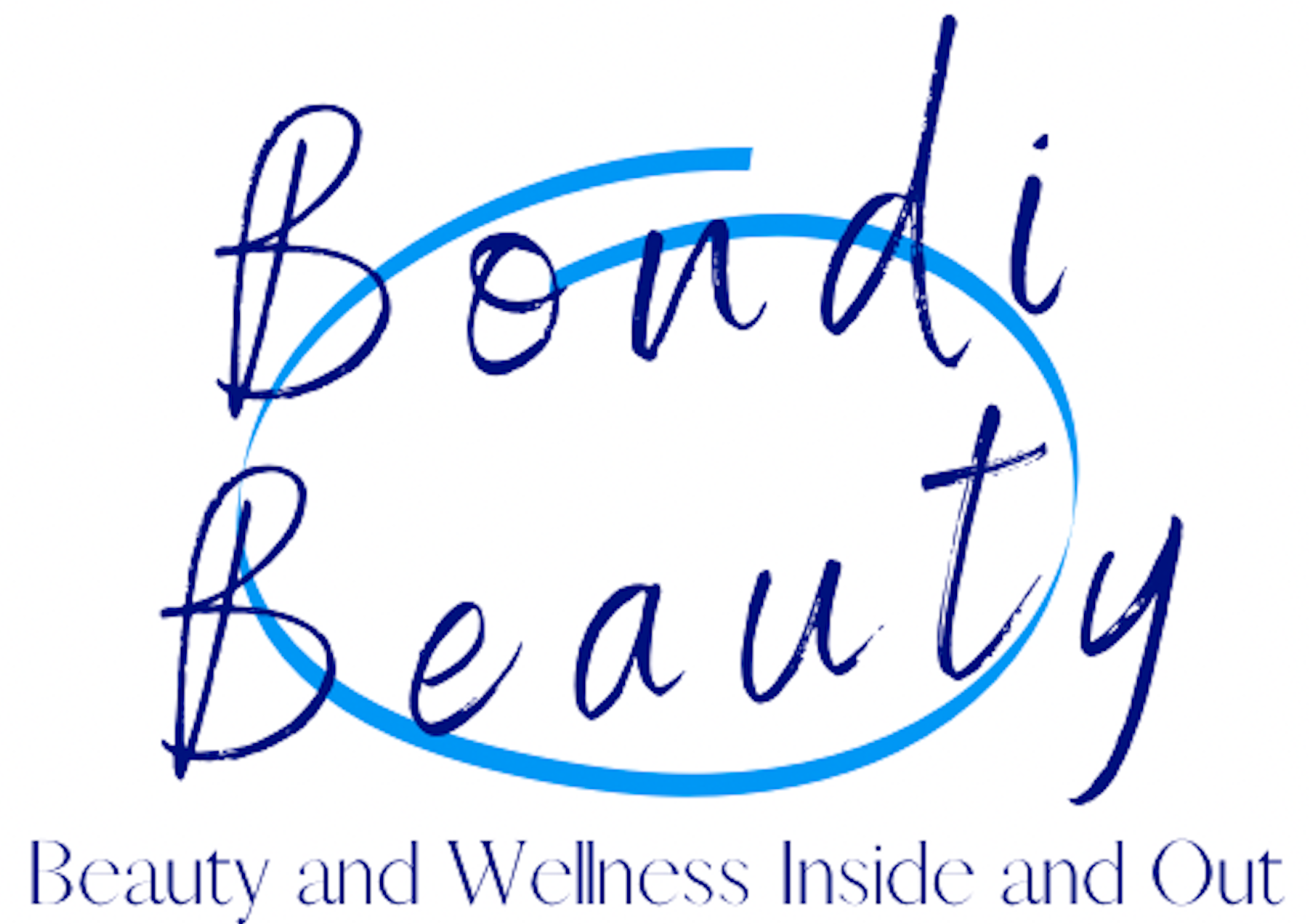The truth about fad diets and weight loss is in our relationship and our history with food.

Our relationship with food starts developing within minutes of our birth, as soon as we take our first sip of breast milk. Receiving food from our parents and observing their relationship with food play important roles in how we relate to food later in life.
Other external circumstances such as our environment, our friends and the media also have an increasingly significant impact on the way we approach food, as well as body image.
The foods we eat or the diets we choose become more than just a simple decision based on what nutrients our bodies need. For women – more so than men -, what we eat or drink tends to be closely linked with our emotional state, which causes a complete disconnect with instinctively knowing what our bodies are actually craving.
The types of foods and how much we eat directly affect not only how our bodies perform, but also how we look. Since our Western world is so obsessed with appearance and perfect female bodies, body image has become a rather sensitive topic for many women.
Look no further than magazine covers, television or the internet; no wonder so many women feel self-conscious and pressured to look slim and toned.
But since we all come in different shapes and sizes, it’s easy to become self-conscious. Lack of self-confidence and unhappiness with our bodies can drive us to turn to desperate measures such as dieting or the opposite: drowning our sorrows in food.
You may be feeling down and choose to have some chocolate to pick you up, but then you may feel guilty about it when you realise that you just undid your hard work at the gym, and if you eat too much sugar, you’ll put on more weight. For many women, their looks are linked to their self-worth, so their connection with food can become more of a love-hate relationship, which isn’t about nourishment, but rather punishment or reward.
Unfortunately, fad diets are not the answer to your problems as most of them tend to focus more on supplements, restricting calories, or cutting out food groups rather than fuelling the body with quality nutrients. Due to low nutrient intake, our bodies can get confused and think that we are starving, leading to the production of excess stress hormones, called cortisol. Cortisol’s job is to make your body store nutrients in the form of body fat during crises, especially around your midsection.
Whether the danger is real, or it is in your head – stressing about deadlines, finances or a constantly expanding waistline -, the result is the same: more body fat stored.
So here are the 5 biggest problems with fad diets:
- Fad diets won’t help you create a positive relationship with food.
- Many fad diets replace meals with shakes or restrict calories to the point that it results in increased stress hormone production and more body fat.
- Some of the foods recommended (such as wheat or dairy) may not be suitable for everyone’s bodies and they can upset digestion.
- Most diets focus on calories instead of eating nutritious food. It’s not uncommon to be advised to cut out certain natural foods because of their carb or fat content, but then be told to eat highly processed or artificially sweetened, fat-free or sugar-free products.
- They are NOT sustainable long term – many people put on more weight coming off a diet, than what they initially started with.
Fad diets are tempting as they promise an easy-fix solution and quick weight loss. While the initial results may be encouraging, the calorie-counting and restrictive nature of most diets often mean that you’re cutting out entire food groups or replacing nutrient-rich foods with highly processed ‘low-calorie’ or ‘low-fat’ substitutes.
The best approach to diets is going back to basics and eating whole foods, as close as possible to their natural state.
Our delicate body systems and cells rely on nutrients to communicate. If we eat processed foods that lack vitamins and minerals, our systems will break down and we can end up with poor energy, breakouts, hormonal imbalance and weight gain, just to name a few.
Eat intuitively in a way that you feel you can sustain in the long-term. Mostly eat foods that come from the earth, are nutrient-dense and fuel your body. When you start eating this way, everything will change including your weight, your skin, the foods you crave, as well as your relationship with food and your body.
Remember, you don’t have to get it perfect or change everything at once. It all starts with the small changes, and your approach to ‘diets’ will transform in no time.
You can find Nik at theleanbodycoach.com and @theleanbodycoach on Facebook and Instagram.



